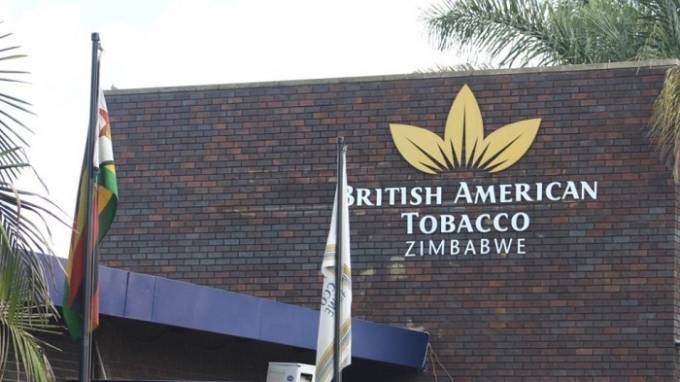Masimba bullish over strong order book

Nelson Gahadza
Senior Business Reporter
CONSTRUCTION firm, Masimba Holdings, says it has a strong order book that is evenly balanced between public and private sectors and has potential to drive the group’s full year profitability.
The company in a trading update for the quarter ended September 30, 2021, said revenue volumes improved 12 percent from the prior year comparative while profitability remained firm, despite inflationary cost pressure increases.
“The growth was on the back of an improved order book in the Roads and Earthworks, Mining, Housing Infrastructure and Building sectors,” the company said.
Masimba is among the top construction firms in the country that have been awarded contracts to upgrade and rehabilitate various roads that include the Beitbridge-Masvingo highway.
Government under the phased road rehabilitation programme, pledged $33,6 billion for road upgrading and maintenance works while the mining sector in its quest to become a US$12 billion industry by 2023 has several capital projects worth over US$2 billion.
During the period under review, the company indicated that it managed to maintain favourable liquidity and gearing ratios through the implementation of robust and stringent working capital strategies.
“Notwithstanding the liquidity constraints that prevailed in the market, the debtors book performed satisfactorily in the period,” said the company.
Masimba noted that capital and investment property expenditure was incurred at $352 million compared to the December 2020, level of $288 million, mainly to support growing order book as well as a value preservation strategy.
“This was funded by a combination of internal resources and borrowings, resultantly, borrowings closed the quarter at $301 million from $174 million in December 2020,” the company said.
The company indicated that it managed a reasonable performance during the quarter under review in an environment predominantly stable, characterised by decelerating inflation.
Masimba, however, noted that towards the end of the quarter, there was significant volatility which resulted in pricing distortions, mainly emanating from the gap between the official and parallel exchange rates.









Comments